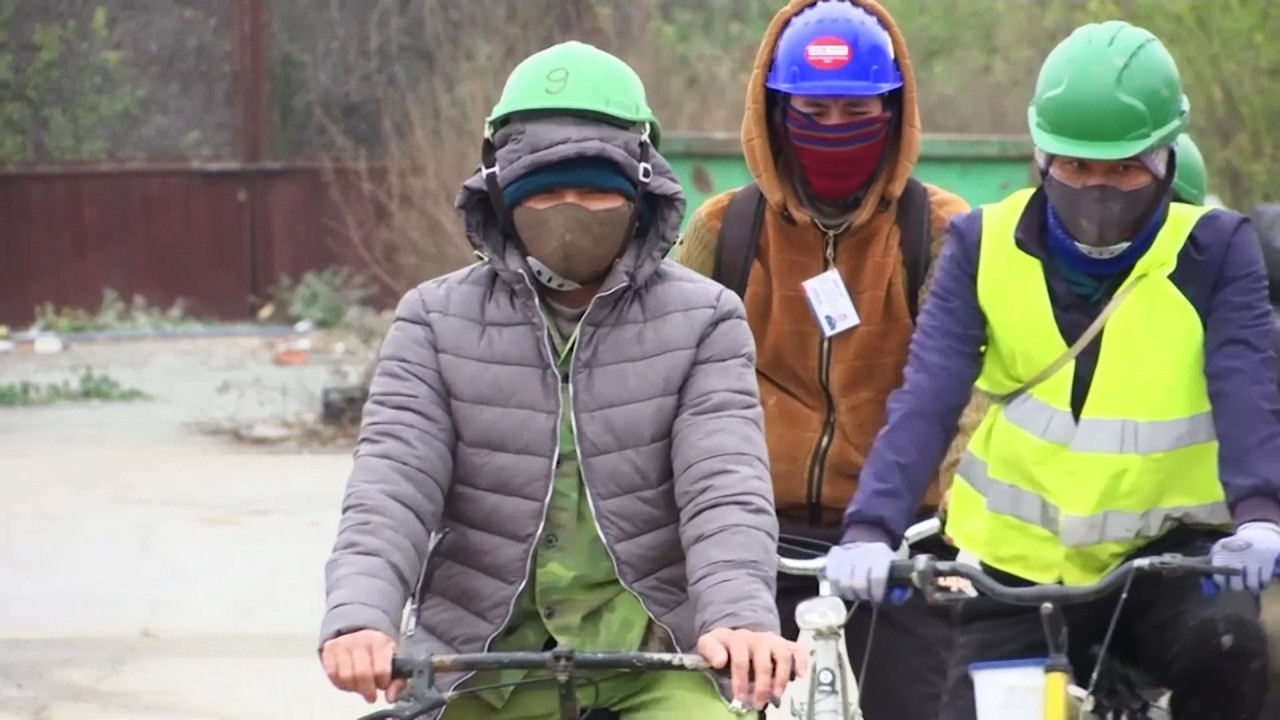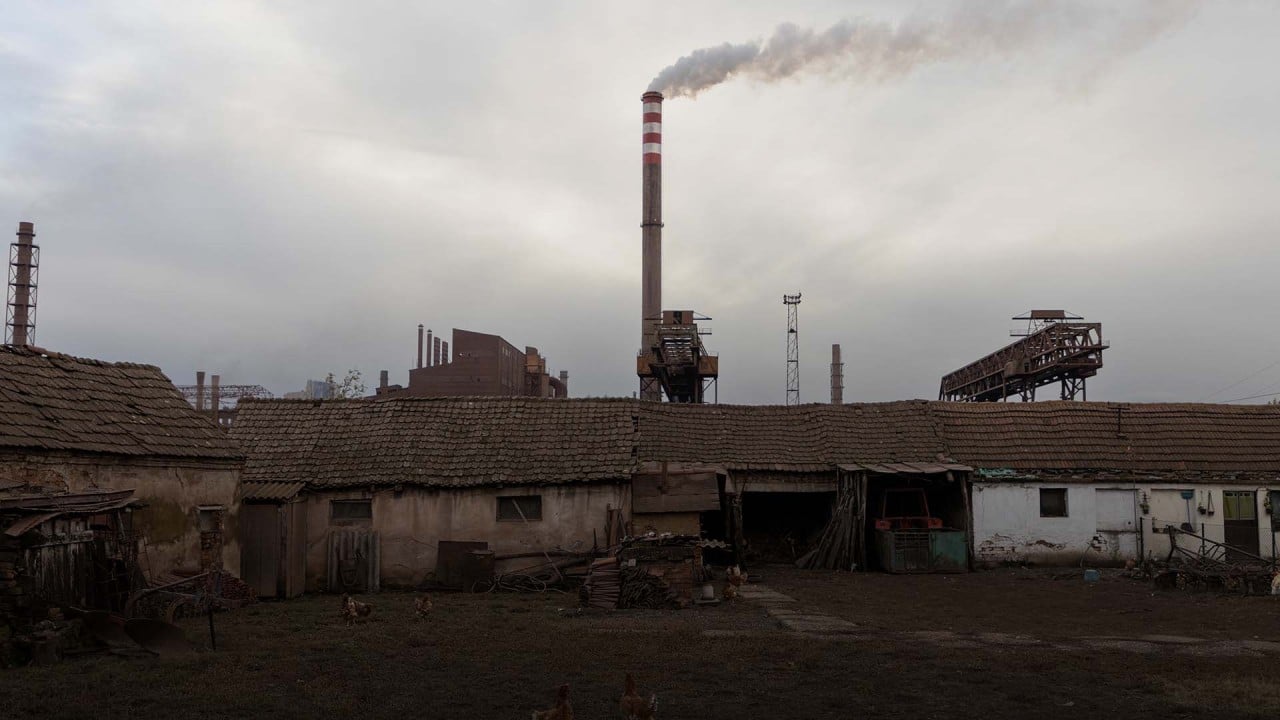
Xi Jinping banking on Hungary and Serbia in face of growing China-Europe tensions
- Meeting with Serbian President Aleksandar Vučić expected to be heavy on symbolism as it coincides with 25th anniversary of Nato’s bombing of China’s embassy
- Hungary offers another ‘safe’ destination as the most China-friendly voice within both the EU and Nato under Viktor Orban’s leadership
The visit comes amid growing friction with the European Union as a result of growing trade tensions and widespread suspicions over Beijing’s relations with Russia following the invasion of Ukraine.
The choice of two friendly countries that have their own tensions with Brussels – from inside the bloc in Hungary’s case and from outside in Serbia’s case – is seen as a “safe” choice by diplomatic analysts.
Some of these observers believe the tour will offer China an opportunity to gauge how it is seen in Europe as well as cementing established bonds and pitching its vision of a multipolar world by highlighting a lingering scar in its relations with the West.
“The visits will certainly be a milestone in contemporary relations between China and Europe,” said Stefan Vladisavljev, programme coordinator of the Serbia-based foundation BFPE for a Responsible Society.
Marking the embassy bombing will send a message to audiences both at home in China and Serbia, Vladisavljev said.
“This moment of joint victimhood has played a significant role in the creation of symbolism which has been very prominent in both countries – the need to present the West as antagonist,” said Vladisavljev.
He said that in the long term this is “creating the distance between China and Serbia on one side, and the countries gathered around Nato on another” but for now the main focus is on the domestic scene.
Wang Yiwei, a European studies specialist at Renmin University, said the commemoration was likely to focus on the negative impact of Nato’s enlargement, but he did not expect the United States to be the main target in light of the easing of tensions with Washington.
“The establishment of a multipolar world and the democratisation of international relations, I think these are messages China wants to convey,” he said.
“Europeans themselves must take up more responsibility for Europe’s security and order, otherwise they will become victims.
When Xi last visited Serbia in 2016 – the first trip to the country by a Chinese president in 32 years – his first public event was to pay his respects to the victims of the “barbaric” strike by “US-led Nato forces” at the site of the bombing.
The embassy was hit during Nato’s 1999 bombing campaign against Yugoslavia, which began after Serbian-dominated forces under Slobodan Milošević’s leadership were accused of widespread atrocities against the ethnic Albanian population in Kosovo.
American missiles killed three Chinese journalists in the building and wounded 20 diplomats.
The US insisted the bombing was an accident, blaming faulty maps, and apologised to China.
Beijing rejected this as unacceptable and the incident sparked widespread anti-US and anti-Nato protests across the country, including a siege of the American embassy in China.
The trauma continues to reverberate today. In an signed article published on Tuesday in the Serbian newspaper Politika, Xi said Nato had “flagrantly” bombed the embassy, killing three journalists – Shao Yunhuan, Xu Xinghu and his wife Zhu Ying.
“This we should never forget. The Chinese people cherish peace, but we will never allow such tragic history to repeat itself. The China-Serbia friendship, forged with the blood of our compatriots, will stay in the shared memory of the Chinese and Serbian peoples, and will inspire us to march forward with big strides,” Xi wrote.
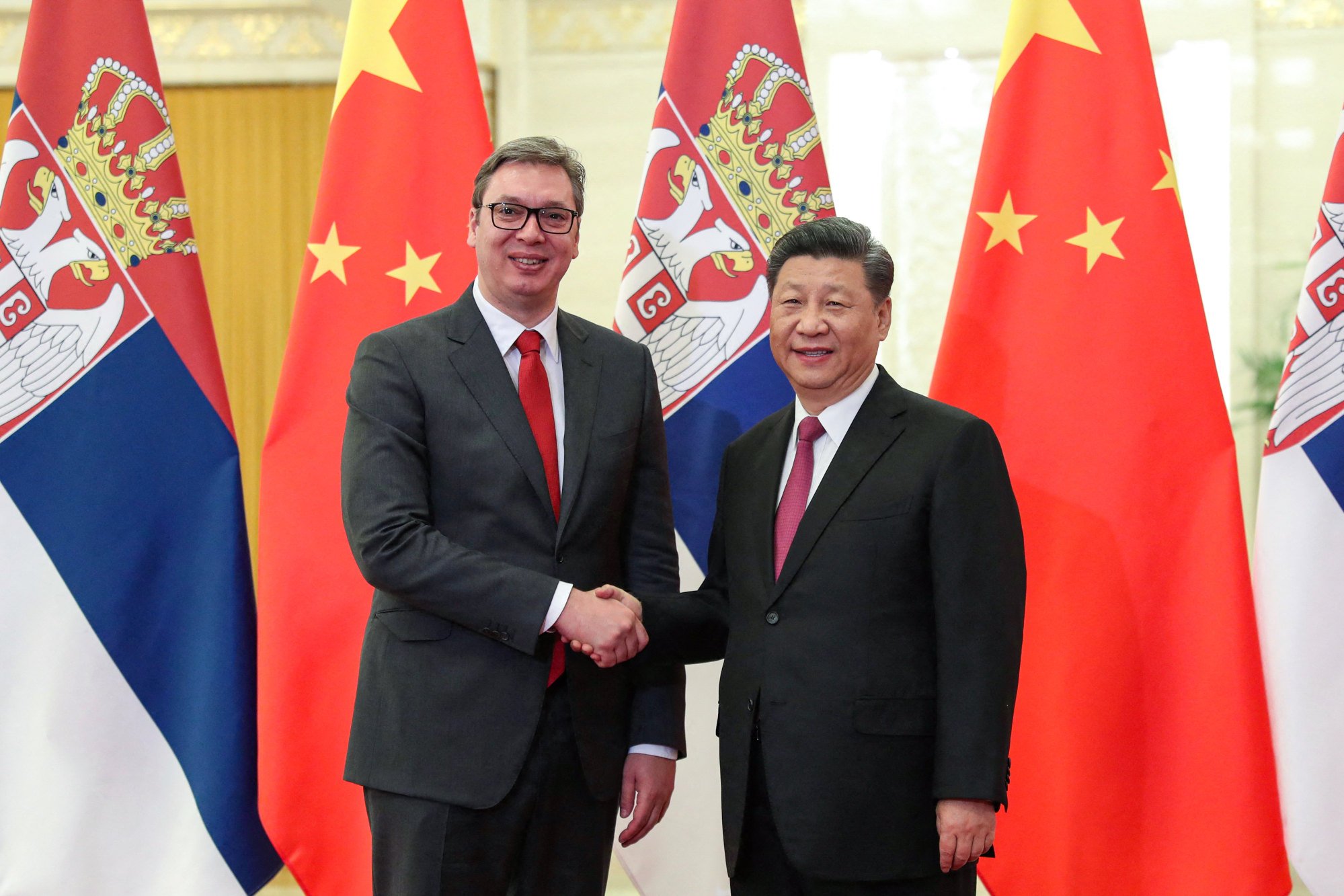
Beijing has been increasingly at odds with Nato in recent years, repeatedly accusing it of practising a “cold-war” mentality and creating confrontation in the Asia-Pacific.
The possible expansion of the Aukus security treaty between the US, Britain and Australia has also drawn the ire of China, which warned that the act would create a Nato-like bloc in the region against it.
The country has also blamed the transatlantic group’s eastward expansion for fuelling the Ukraine war, invoking the Belgrade embassy bombing as a precedent.
Xi is also expected to celebrate the opening of the Chinese Cultural Centre, which is one of the biggest in Europe and built on the site of the former embassy, and the trip will highlight the close relationship between Beijing and Belgrade.
The Chinese foreign ministry has said Xi will discuss upgrading the relationship between the two sides when he meets his Serbian counterpart Aleksandar Vučić.
Beijing has deemed Serbia an “ironclad friend”, a title it has only offered to a handful of its most trusted nations such as Pakistan and Cambodia.
China was also the second biggest supplier of arms to Serbia between 2020 and 2023, behind Russia, according to the Stockholm International Peace Research Institute.
Vladisavljev said that promoting close ties with Russia has become less popular in Serbia following the invasion of Ukraine, leaving a gap China could fill.
“Serbia is a safe pick [for the trip],” he said. “It is supposed to be a visit to a friendly country, where the Chinese president will be warmly welcomed.”
He said that the two sides are expected to “celebrate the milestones achieved” but are also expected to announce a new joint project.
He also expects that Vučić will use Xi’s visit – which he described as one of the one of the most high-profile visits in years to try to secure a much-need political “win” on the domestic stage.
He said this is “due to the development of several scenarios that have been seen as a loss – most notably the one coming out of the relationship with Kosovo”.
Meanwhile, Serbia is struggling to counter broad support across Europe for Kosovo joining international institutions such as the Council of Europe, fearing this amounts to recognition of its independence.
The two nations can also look to each other for support in territorial issues, with neither country recognising Kosovo or Taiwan as independent.
Economic ties are also strong, with China becoming Serbia’s second-largest trading partner, behind only Germany, according to Serbia’s official figures.
The two signed a free-trade agreement last year after just months of negotiations and China is now the country’s main source of foreign investment.
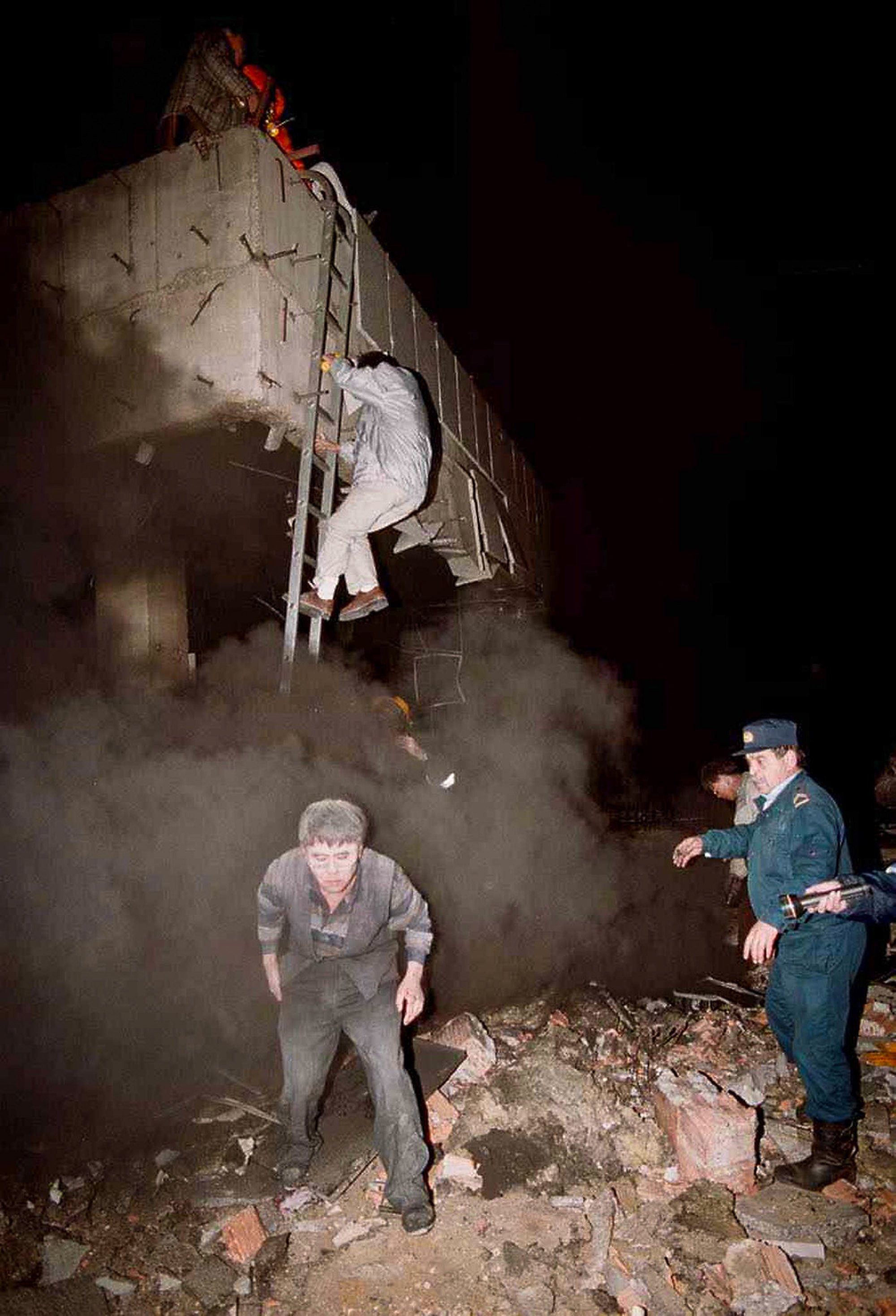
Belgrade was one of the first European countries to join the Belt and Road Initiative and has become an important hub and gateway to Europe for the global infrastructure development strategy.
Some of the most high-profile investments that have resulted include a previously loss-making steel mill in Smederevo, which started turning a profit six months after being bought by Hebei-based HBIS Group, and the flagship rail link between Belgrade and the Hungarian capital Budapest.
Wang from Renmin University, said the railway would be a priority for Xi’s European tour.
“The Hungary-Serbia railway is a big boost to Europe’s infrastructure,” he said. “In the future, it is also necessary to strengthen cooperation between China and Europe in investment, manufacturing and localisation.”
Hungary will be Xi’s final stop on his European tour, visiting between Wednesday and Friday. It is his first visit as head of state.
As the EU and Nato have both adopted a harder line on Beijing, Hungary’s support as a member of both groups has become increasingly important for China.
China’s top diplomat Wang Yi last week urged Hungary to promote a “rational and friendly view” of China after it takes on the bloc’s rotating presidency in July.
The EU’s perception of China had changed, said Shi Zhiqin, professor of international relations at Tsinghua University.
“If everything emphasises security, that is to say it becomes overly securitised and politicised, then many opportunities for cooperation will be lost, and that is not in line with the trend of globalisation today,” he said.
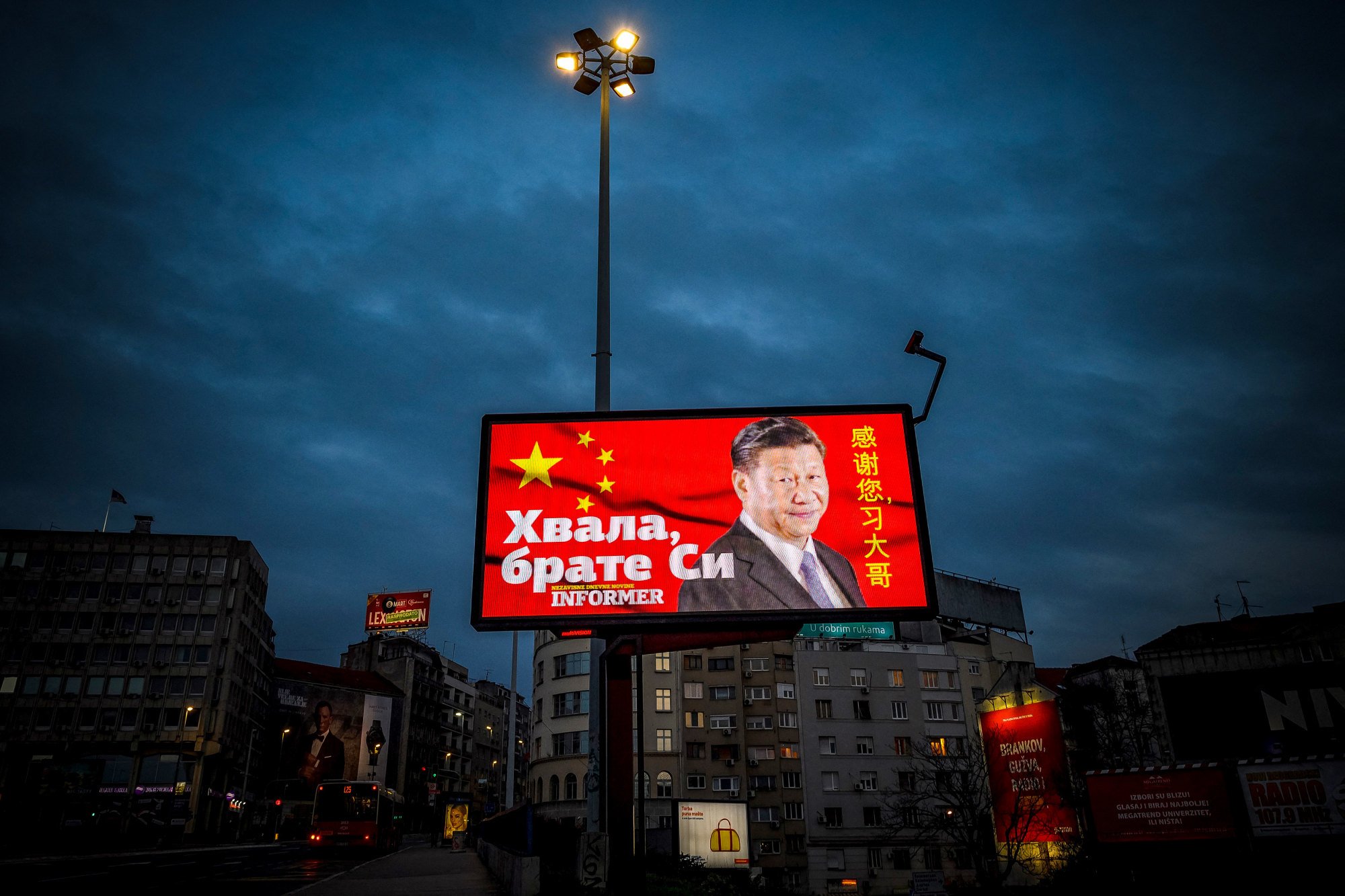
Following a recent visit to Beijing, Hungarian Foreign Minister Peter Szijjarto announced more funding for railway projects under the Belt and Road Initiative and a US$22 million investment by state-owned Chinese firm Fiberhome Telecom Tech – to build a base in the country for optical cable production.
Shi said he expected the tour to “deepen” existing relations with Serbia and Hungary and to result in “even better” cooperation in future.
Earlier this week, Xi was in France as he marks the 60th and 75th anniversary of China establishing diplomatic ties with Paris and Budapest respectively.
But beyond this symbolism Vladisavljev said the whole visit “will be a litmus test for the current state of perception of China” in Europe.


